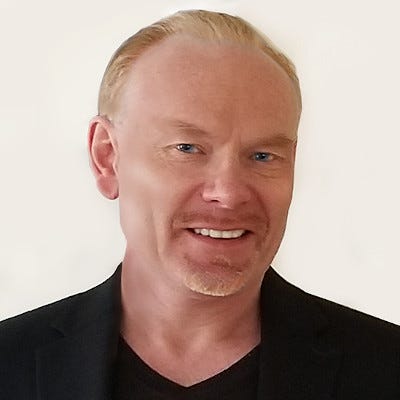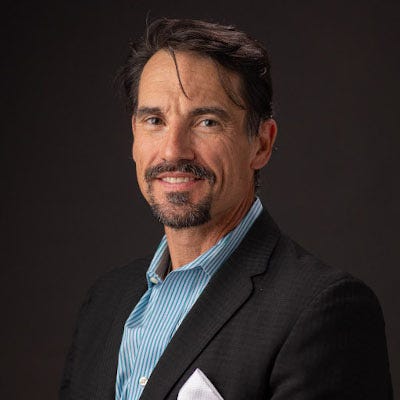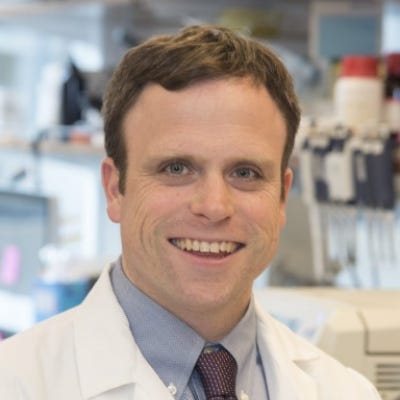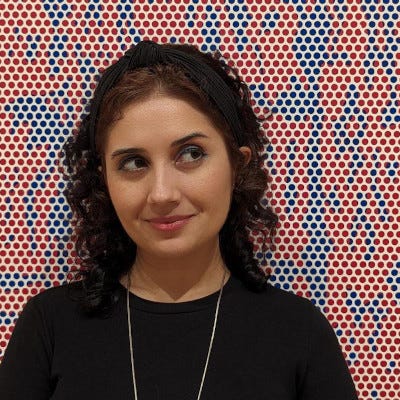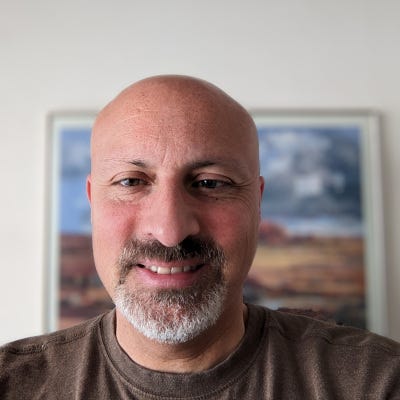Terasem Space Day Colloquium, July 20, 2023
Highly imaginative, long-term perspectives on space expansion and interstellar human futures.
The Terasem Space Day Colloquium of 2023 will be held on July 20, via Zoom, from 10am ET to 1pm ET.
July 20 is the anniversary of the first human landing on the Moon. This Terasem Colloquium will explore long-term perspectives on human space expansion, and the intersections of human space expansion with highly imaginative, far-out concepts in science, philosophy, and politics (and science fiction of course).
We’ll hear from stellar scientists, authors, polymaths, transhumanist philosophers, and activists. The science fiction perspective will be provided by representatives of the awesome Orion’s Arm Universe Project, a collaborative project to imagine plausible interstellar futures that has produced a really spectacular science fictional universe, very appropriate to the theme of the Colloquium.
See our Terasem page for information on Terasem and previous Terasem Colloquia.
Mark your calendar! You are invited.
Zoom access coordinates: CLICK HERE to attend the Colloquium.
Meet the speakers:
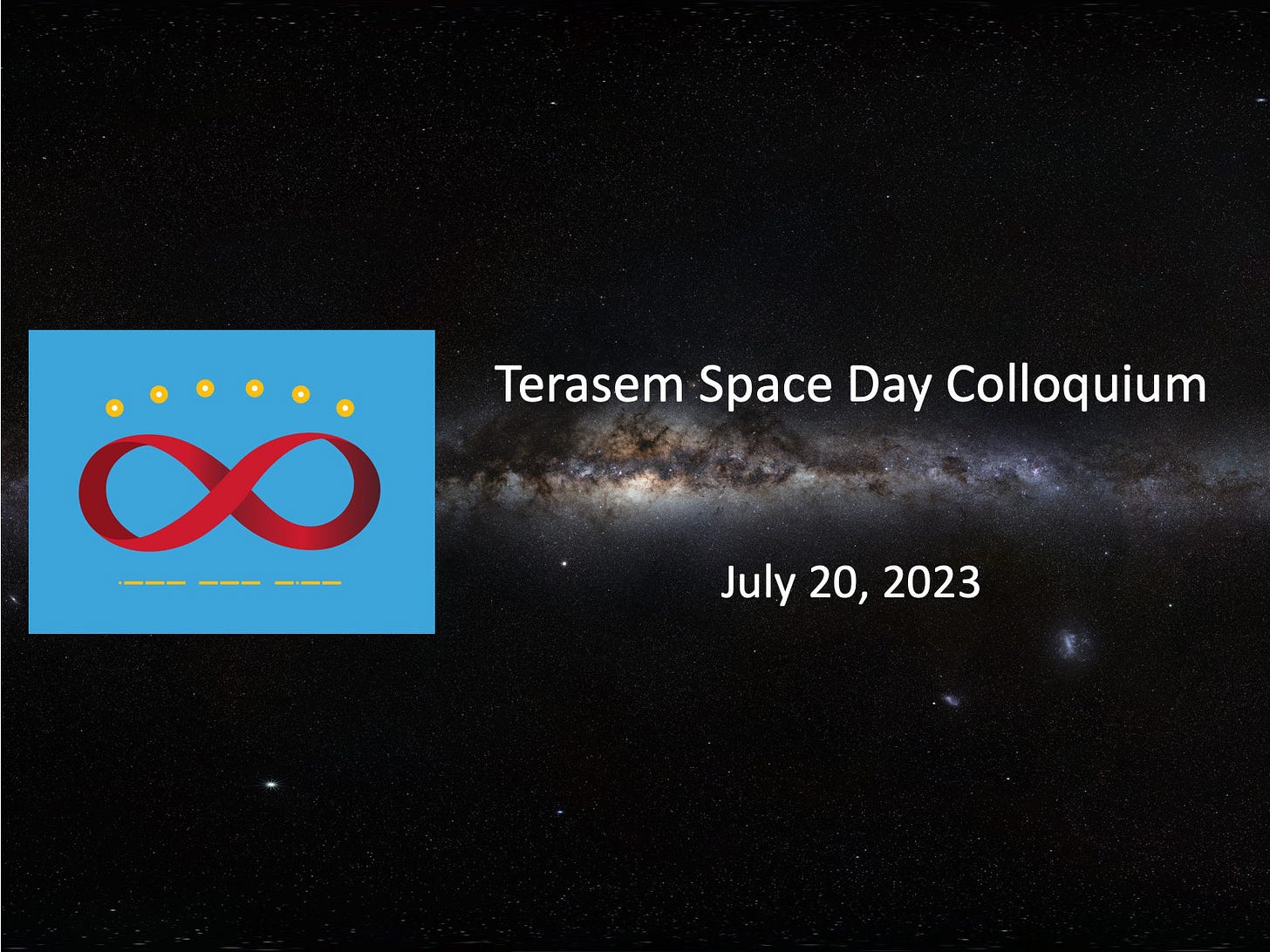
Speakers
Max More
Dr. Max More is a strategic philosopher recognized for his thinking on the philosophical and cultural implications of emerging technologies. His contributions include founding the philosophy of transhumanism, authoring the transhumanist philosophy of extropy, and co-founding Extropy Institute, an organization crucial in building the transhumanist movement since 1990. He is the Ambassador and President Emeritus of Alcor Life Extension, after serving as CEO and President from 2011 to 2020.
He is Editor of “The Transhumanist Reader: Classical and Contemporary Essays on the Science, Technology, and Philosophy of the Human Future” (2013).
Max will give a talk on “The Extropic Frontier: Existential Opportunities of the Cosmos.”
Tom W. Bell
Dr. Tom W. Bell earned a J.D. from the University of Chicago, practiced law in Silicon Valley and Washington, D.C., and served as a policy director for the Cato Institute before joining the faculty of Chapman University Fowler School of Law in 1998. His scholarship and consulting focuses on special jurisdictions, a topic explored in his book, “Your Next Government? From the Nation State to Stateless Nations” (Cambridge University Press 2018). He created Ulex, the open source legal system, used in Próspera ZEDE’s Roatán Common Law code and the Catawba Indian Nation’s Digital Economic Zone.
He coined the term “Extropy” and co-founded “Extropy Magazine” with Max More.
Abstract: How will communities spread out across the vastness of space govern themselves? Absent faster-than-light communications, centralized control will not be practical. Decentralized governance offers an alternative.
Clément Vidal
Dr. Clément Vidal is a philosopher with a background in logic and cognitive sciences. He is co-founder of the Evo Devo Universe community and author of “The Beginning and the End: The Meaning of Life in a Cosmological Perspective” (2014). He is eager to tackle big questions, bringing together areas of knowledge such as cosmology, physics, astrobiology, complexity science or evolutionary theory.
He’ll give a talk on “The Universal Life Cycle: The noosphere, stellivores, and immortality.”
Christopher E. Mason
Dr. Christopher E. Mason is a geneticist and computational biologist who has been a Principal Investigator and Co-investigator of many NASA missions and projects. He is a Professor at Weill Cornell Medicine, with affiliate appointments at the Meyer Cancer Center, Memorial Sloan Kettering Cancer Center, the Information Society Project (ISP) at Yale Law School, and the Consortium for Space Genetics at Harvard Medical School. He is the author of “The Next 500 Years: Engineering Life to Reach New Worlds” (2021).
In the book he argues that humanity will remake itself with synthetic biology and genetic engineering, and ascend to the stars to “engineer at a genetic, cellular, planetary, and interstellar scale” and eventually “reengineer the universe itself” to ensure that life continues to thrive indefinitely. He says that this is our “duty to the universe and to life itself.”
Stellar Magnet
Stellar Magnet's self-guided and experiential research over the last six years has centered on cryptoeconomic network design related to large-scale cooperation networks. In this time, she has creatively contributed insights related to governance, mechanism design, and community tooling to over seven different Decentralized Autonomous Organizations (DAOs) or open-source projects. She holds a Bachelor’s of Science in Mechanical Engineering from UC Berkeley (2008) and an Astronautical Engineering Certificate from UCLA Extension (2016).
She’ll give a talk on “Creating a United Confederation of Cosmists: Igniting a Bottom-Up, Interstellar Network Ecology.”
Todd A. Drashner
Todd A. Drashner was born and raised in the semi-wilds of Alaska. He first got into science fiction at age 9 when he picked up a copy of Clarke’s “Childhood's End” in a bored moment. He has been hooked on science fiction, spaceflight, and futurism ever since. He generally prefers ‘hard’ science fiction that is still not afraid to think big.
Todd went to college at the University of Arizona, Tucson intending to become an engineer and discovered that higher mathematics just doesn’t compute for him. Instead he switched to English and graduated in 1993, but has always remained an avid science and science fiction fan. He encountered Drexler's “Engines of Creation” in college along with trans and post-humanism and Vinge’s Singularity concept.
Todd joined the Orion’s Arm Universe Project in 2001 and has been an active contributor ever since. He is currently a member of the Managing Board (Treasurer) and also acts as an Administrator/Moderator for both the Orion’s Arm online forum and the Orion’s Arm Discord server.
Trond Nilsen
Trond Nilsen is a researcher, software engineer, and technologist who works at the intersection of health, well-being, games, and education. Hailing from Christchurch, New Zealand, he began his career in web technologies in 2000 before transitioning to work with XR at the HITLab NZ in 2003. In 2008, he relocated to Seattle to begin a PhD at the University of Washington where he completed research combining techniques from artificial intelligence, 3D visualization, and medical ontology to augment human anatomy education. He has been participating in the Orion’s Arm Universe Project since 2001. Currently, he is teaching Virtual and Augmented Reality at the University of Washington and working on several startups.




